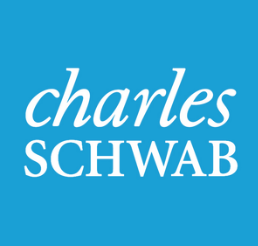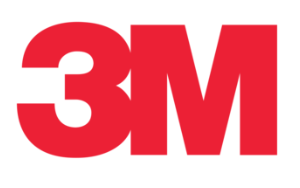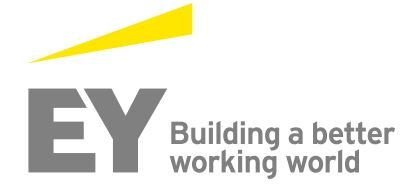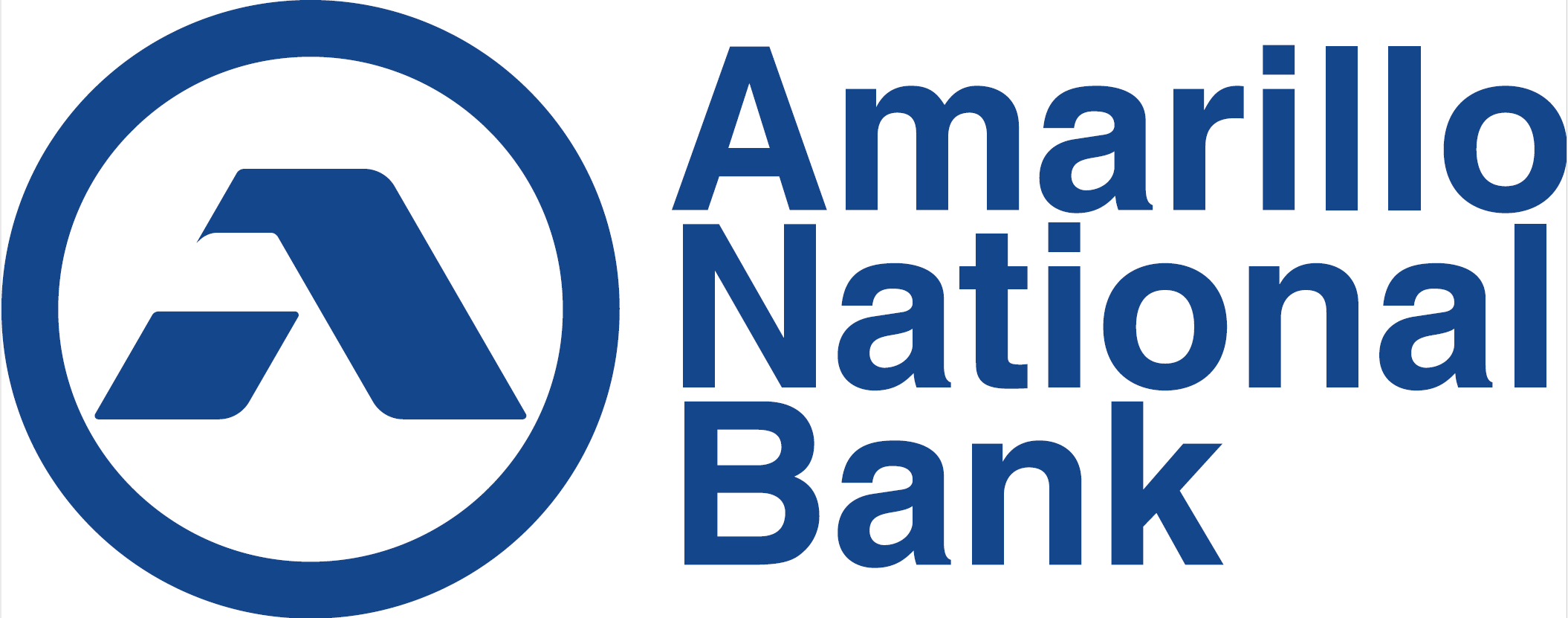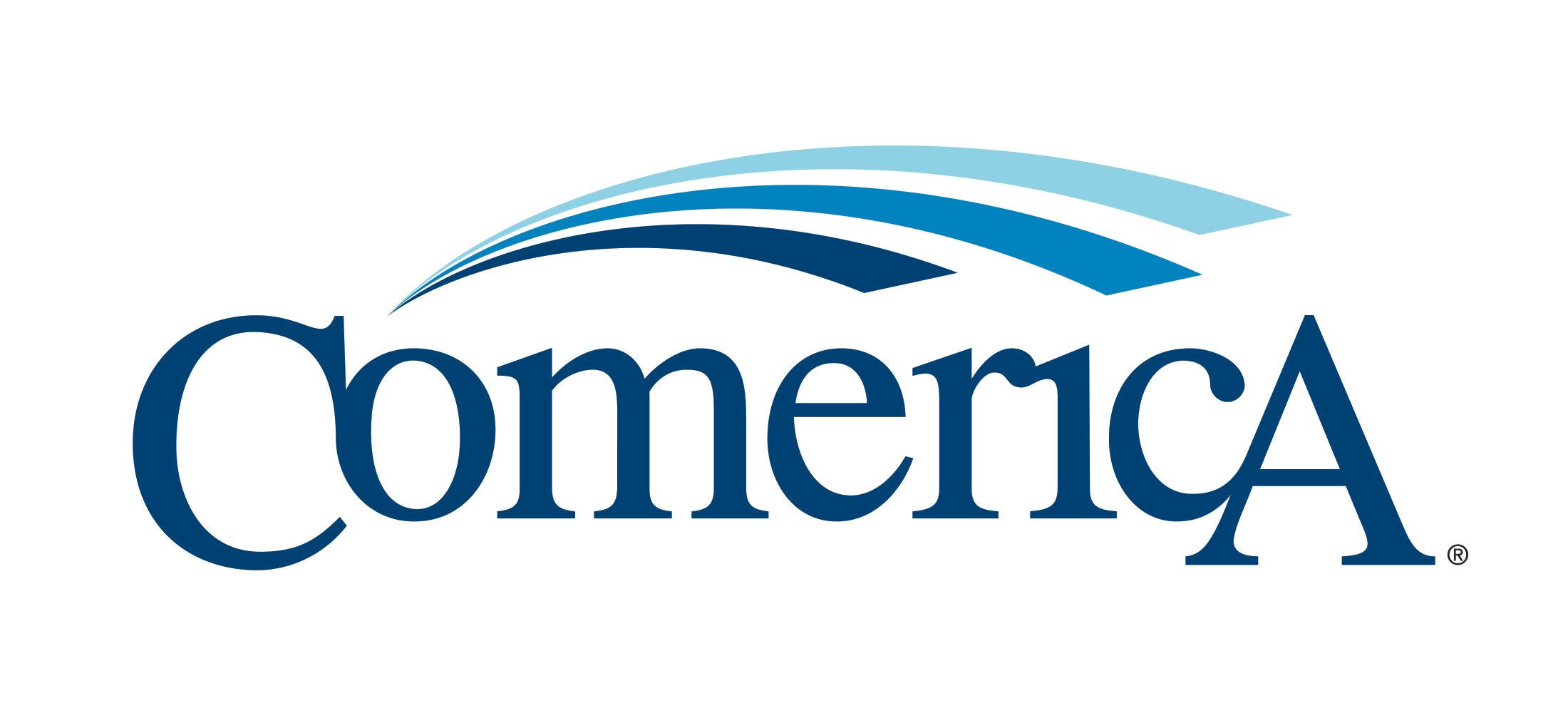By Ali Wittich
There’s no doubt that women have made progress in the workplace: by taking on more leadership roles, opening up career possibilities, rising in representation in STEM fields, and addressing bias. Although we’ve gained professional traction, the statistic remains that women earn on average $0.79 for every dollar a man makes.
As we continue to work towards financial equity, one area women are in complete control is where we spend our money. And yet there’s still an impossible expectation of beauty that is keeping women poorer than men.
Everywhere you look—from photoshop and filters on social media, constantly-changing women’s fashion, and plastic surgery billboards young girls see driving down the road in Austin —there’s an overwhelming pressure to achieve an unattainable beauty standard, and scrutiny when you miss the mark.
Here’s a thought experiment to illustrate: for all the money women spend to maintain their image—fake lashes, hair maintenance, facials, injections, makeup, workplace fashion that changes seasonally, waxes, tanning, manicures, pedicures, plastic surgery—is there a male equivalent that is so costly? Look no further than what men carry in their toiletry bag versus what women have to pack.
While it’s unlikely the beauty industry is going anywhere, let’s recognize the discriminatory double-standard and reframe the conversation around spending behavior.
The best advice I received about beauty spending was to not think of it as a line-item on my monthly budget, but rather to consider the future value of that money.
For instance, I get a manicure every two weeks. Instead of thinking of this as an $80 per month expense, consider its worth if it had been invested. $80/month (or $960/year) at an average 10% return would mean that my perfectly polished nails could have netted over $16,000 in ten years.
Applying this thinking to all your beauty spends will force you to get clear on which ones actually bring you joy—and are worth the huge loss over the long-term—versus which ones are unnecessary, trendy norms that are keeping you poor.
Ali Wittich leads Marketing Operations at Publicis Sapient. She has been a regular JA classroom volunteer in both Washington, DC and Austin, TX, and is on the committee for the 2020 F.E.M. Forum.
Austin companies of all shapes and sizes are encouraging financial literacy and equity dialogue by supporting the JA F.E.M. Forum on Thursday, April 2nd, 2020. F.E.M. Forum brings together professional women with female students over breakfast for a morning of networking, mentoring and financial education. It’s the only event of its kind in Austin, the biggest annual fundraiser for JA Central Texas, and is designed for companies and business leaders who believe #FinancialEquityMatters. Learn more about the event and how you can support here.
#FinancialEquityMatters #PersonalFinanceForWomen #HerMoney







